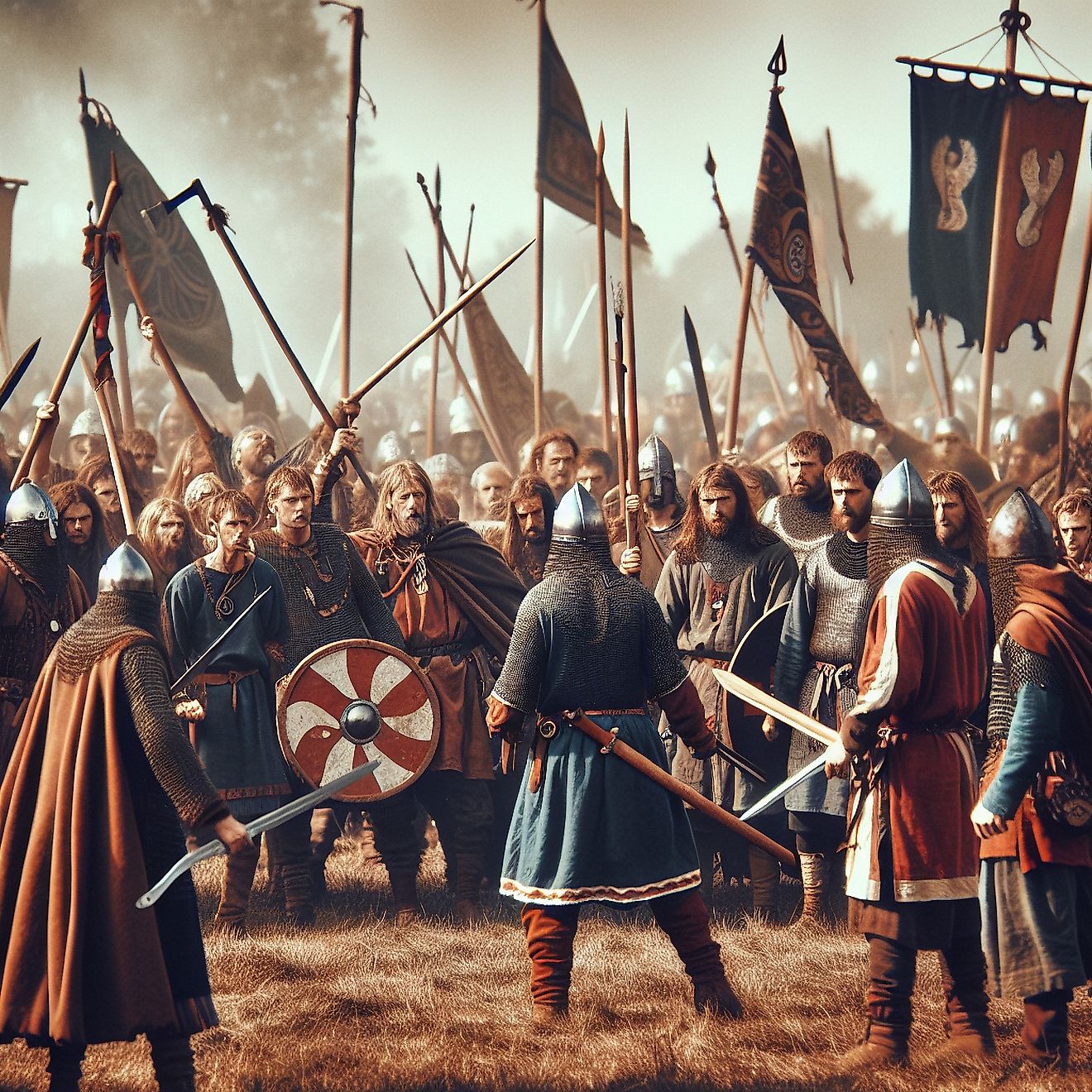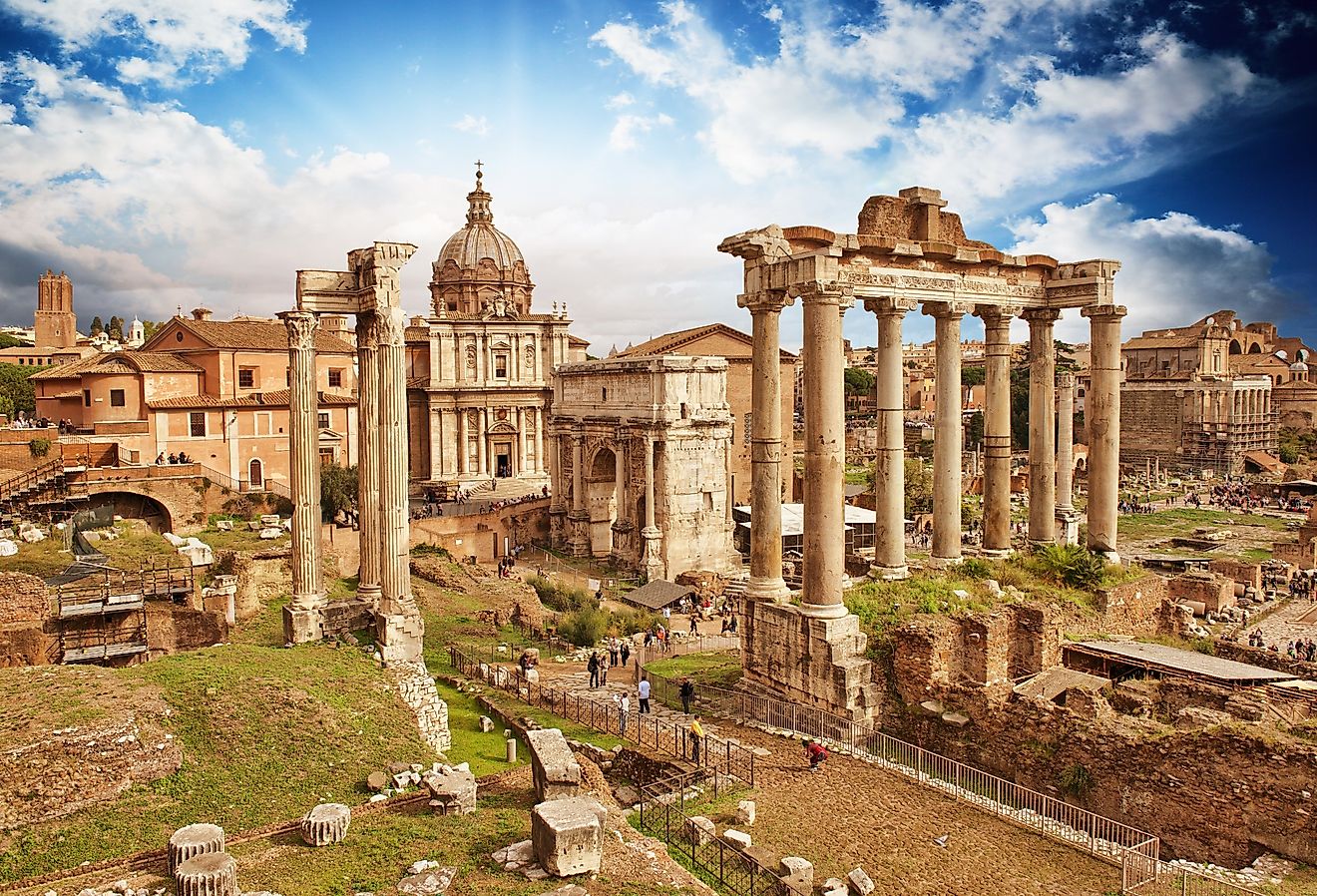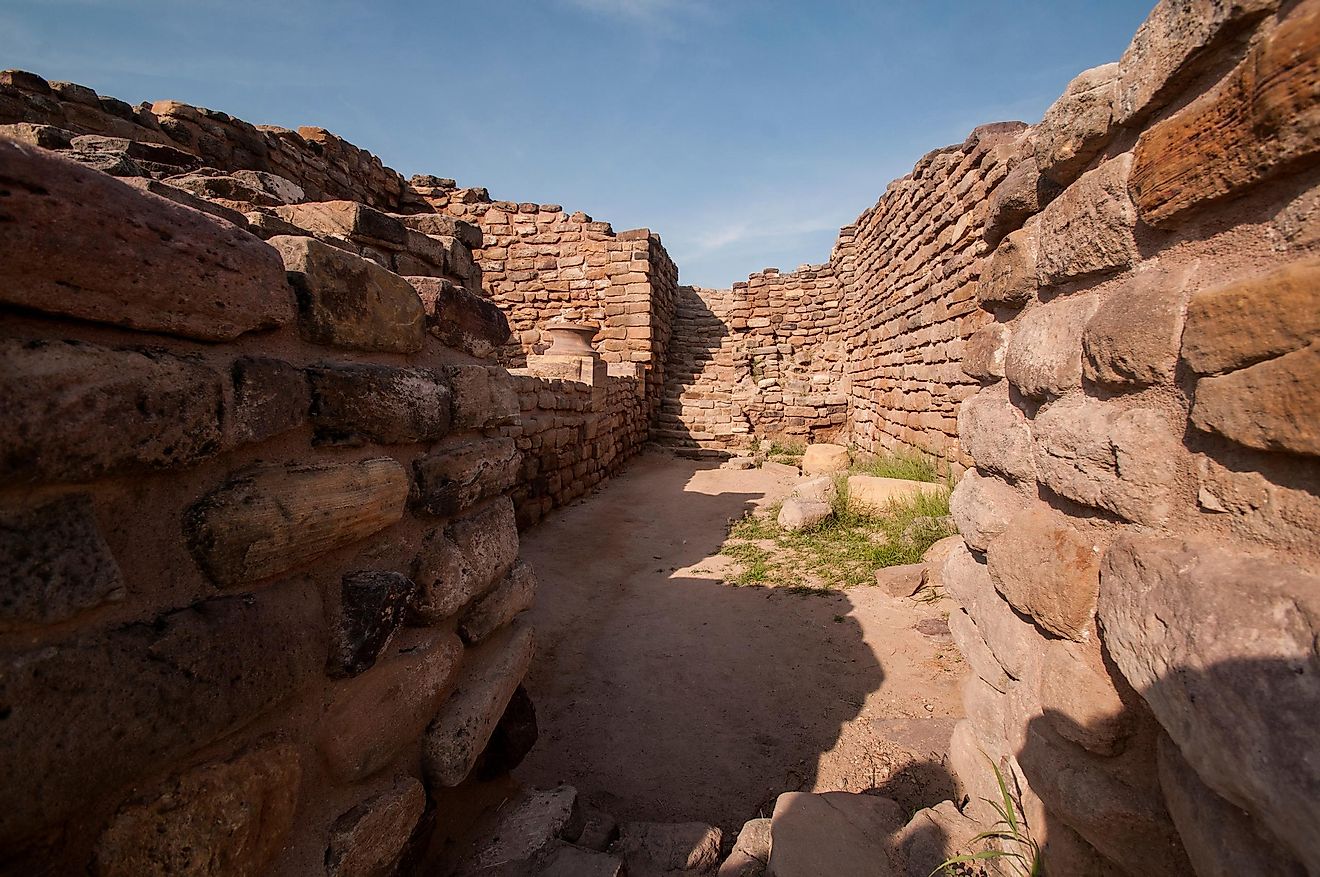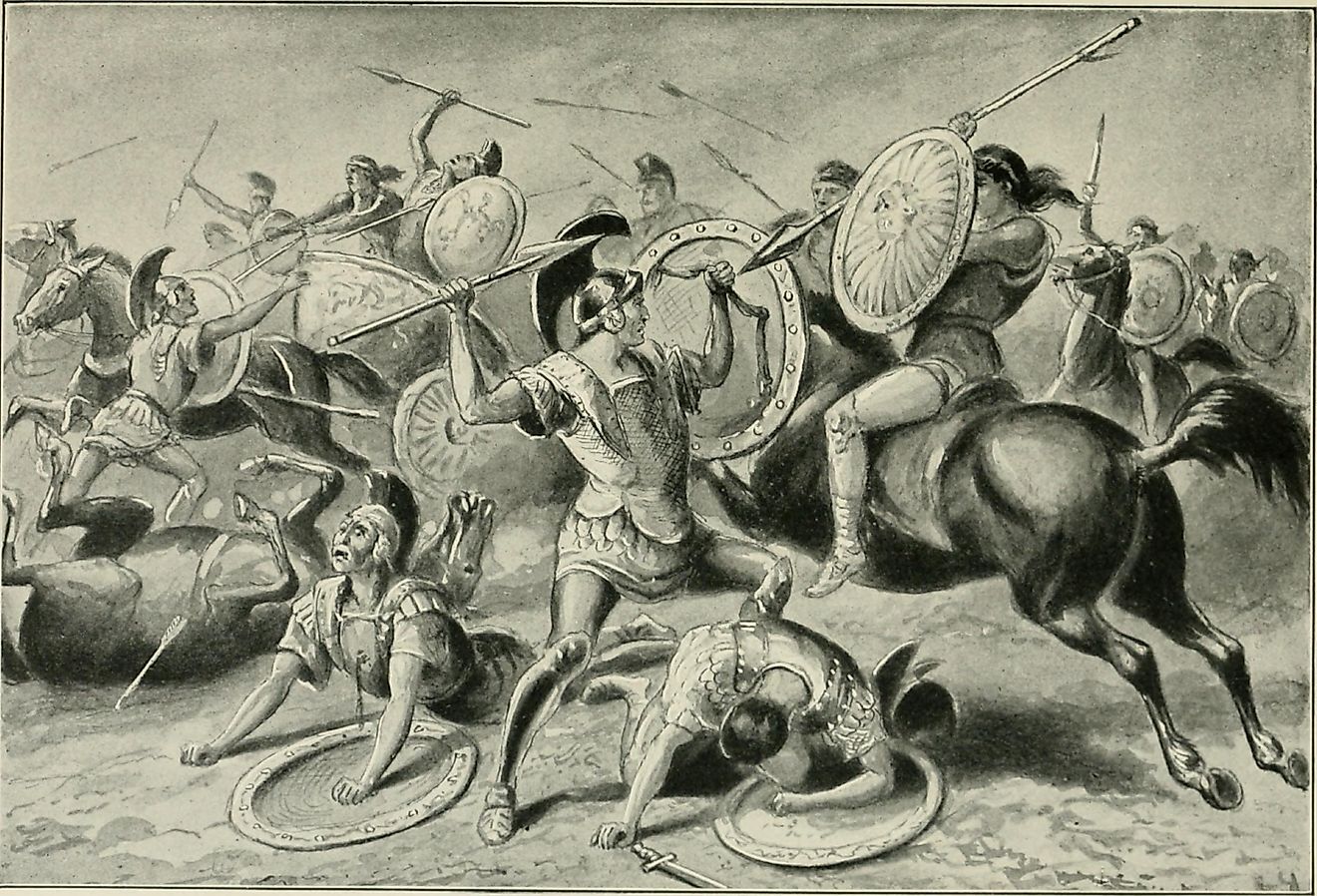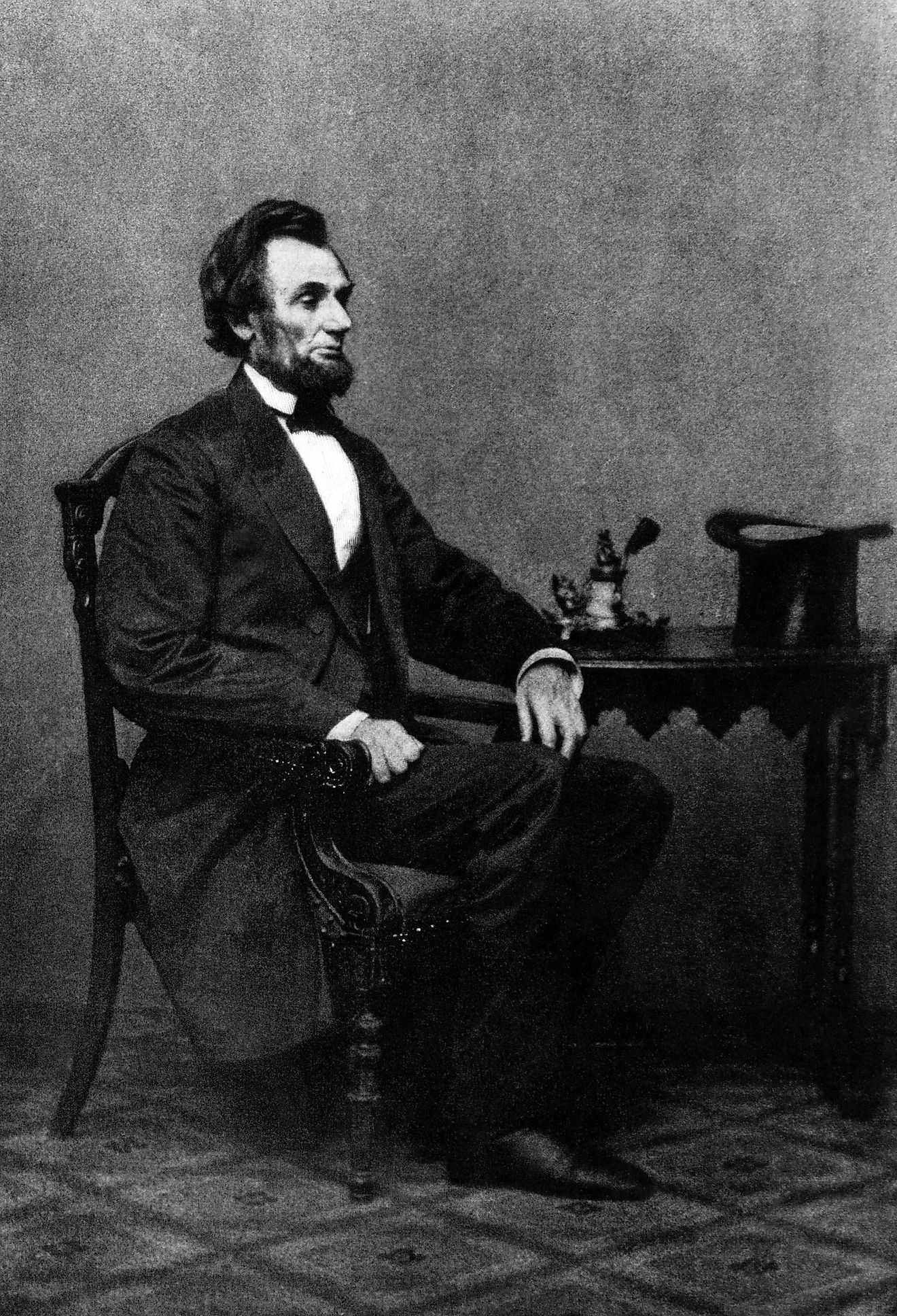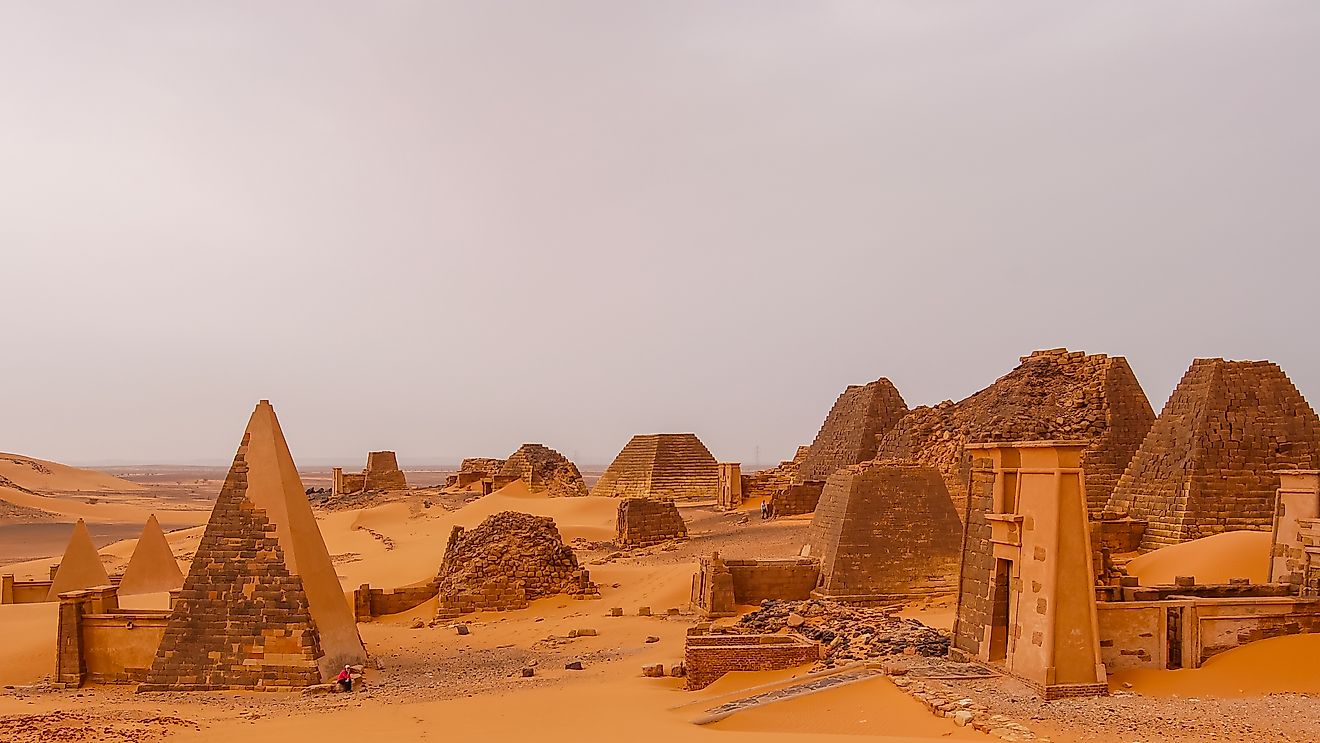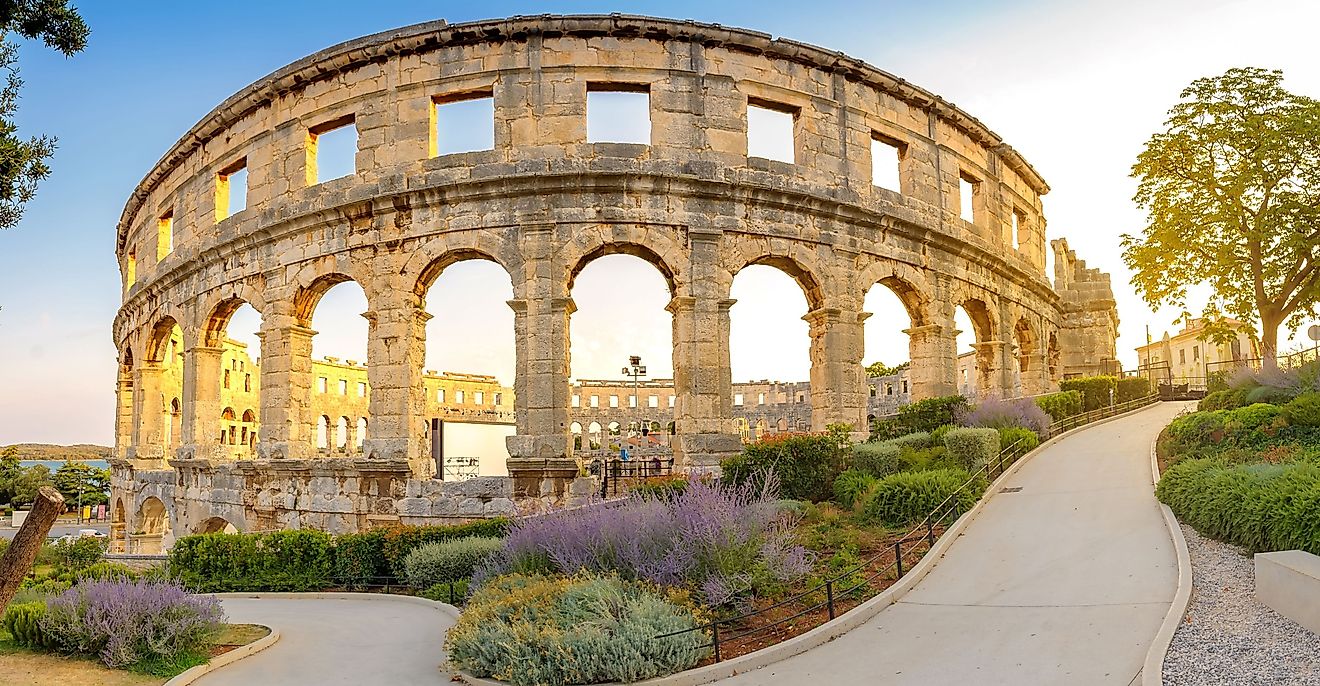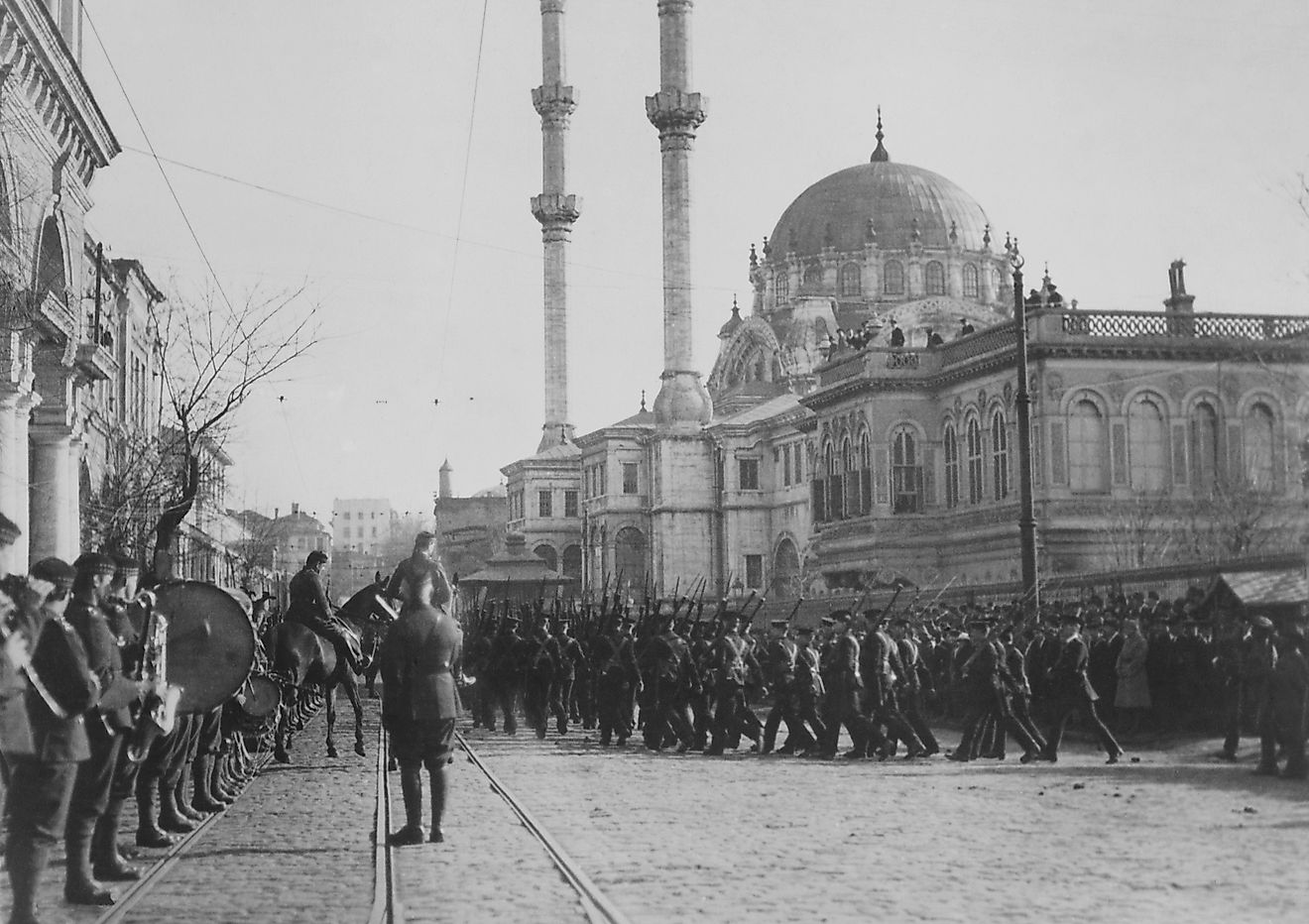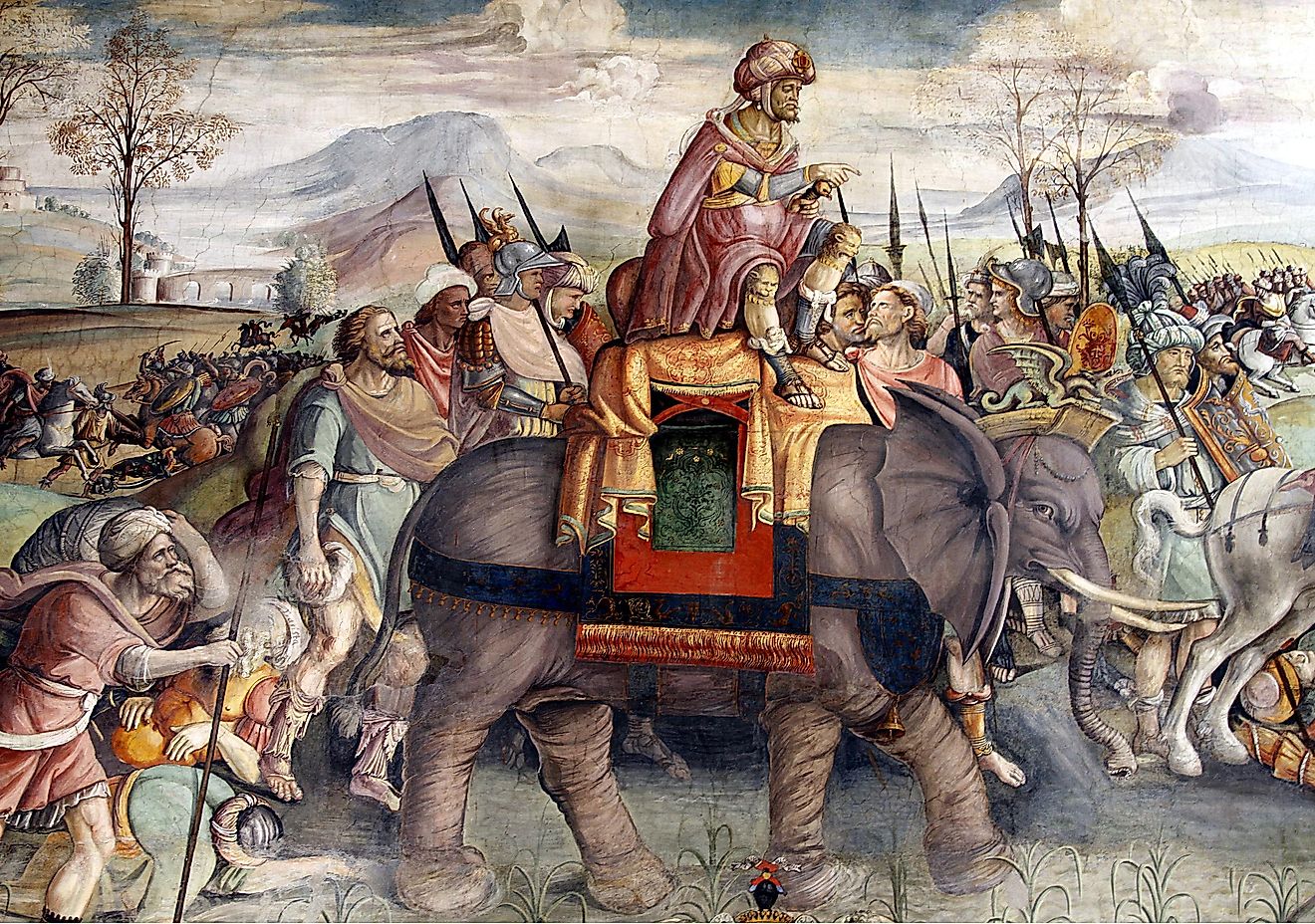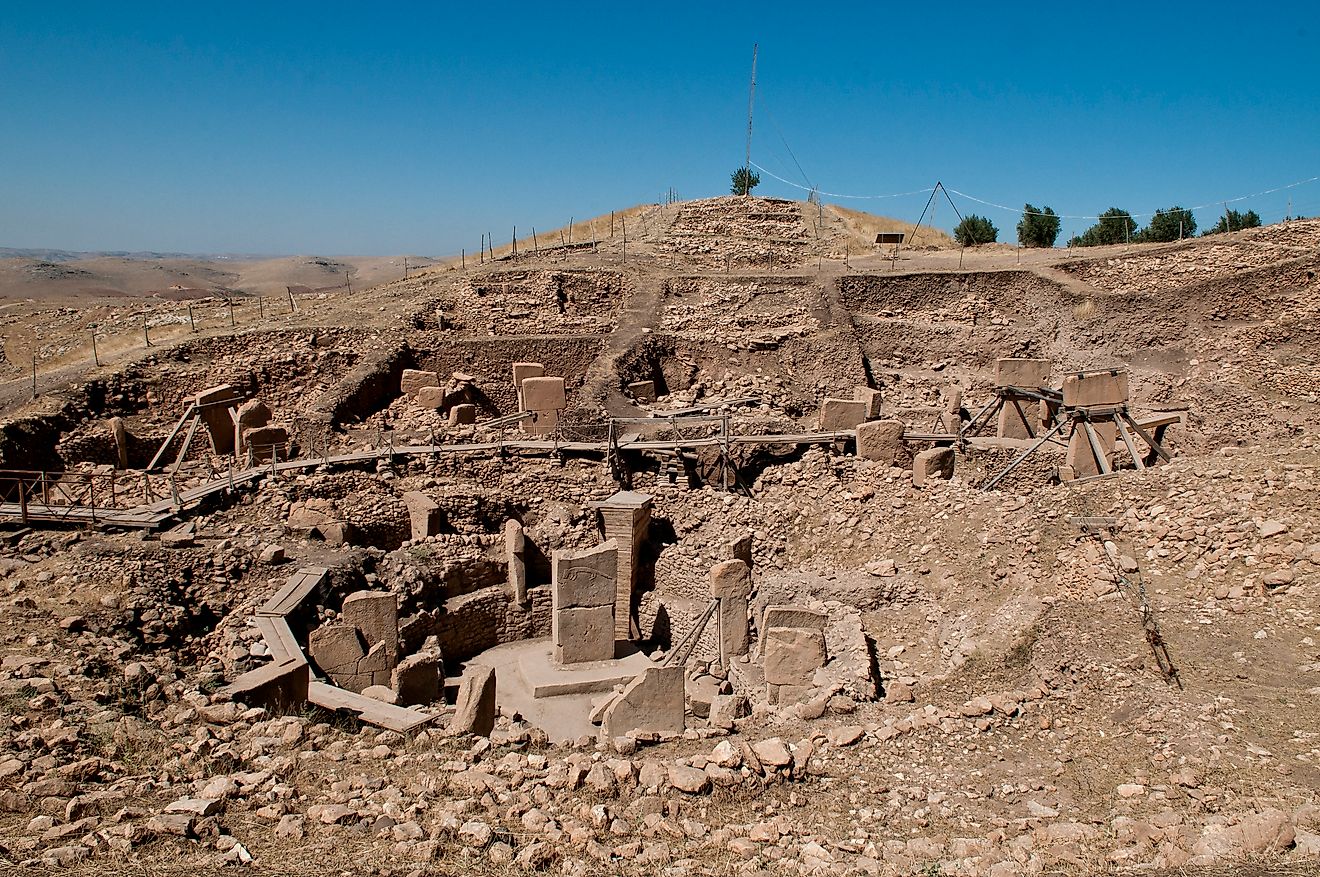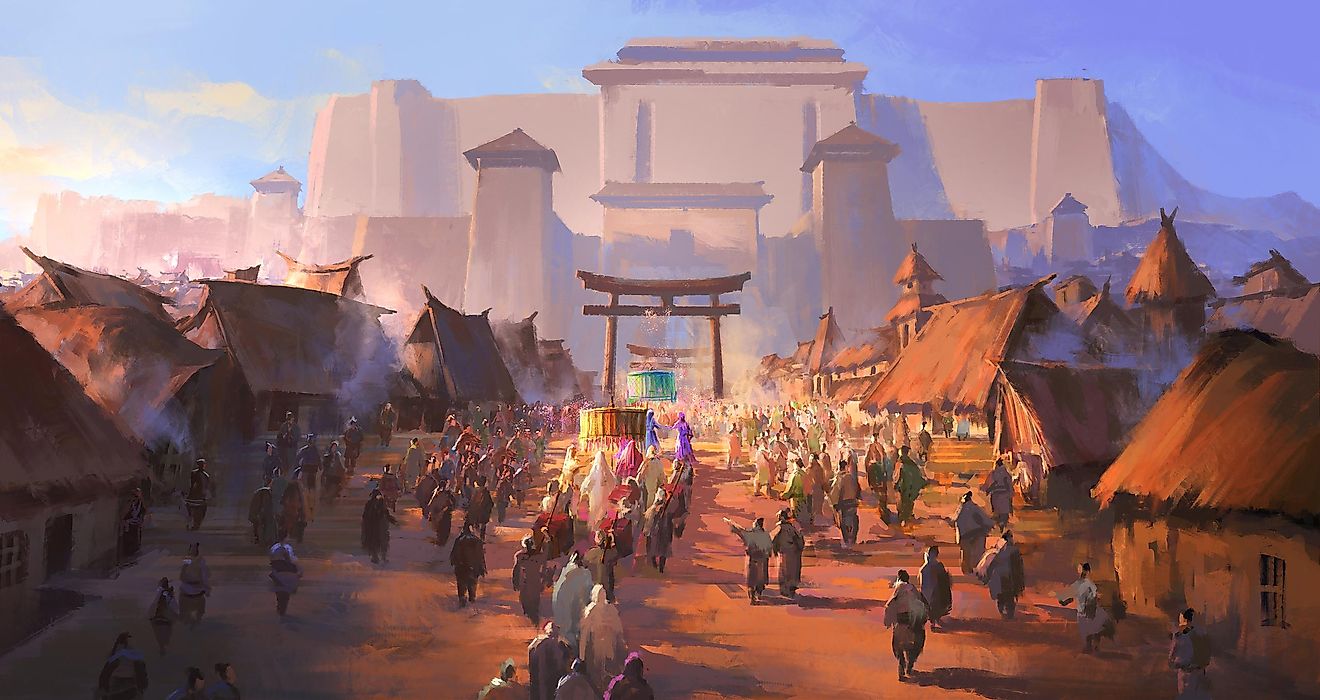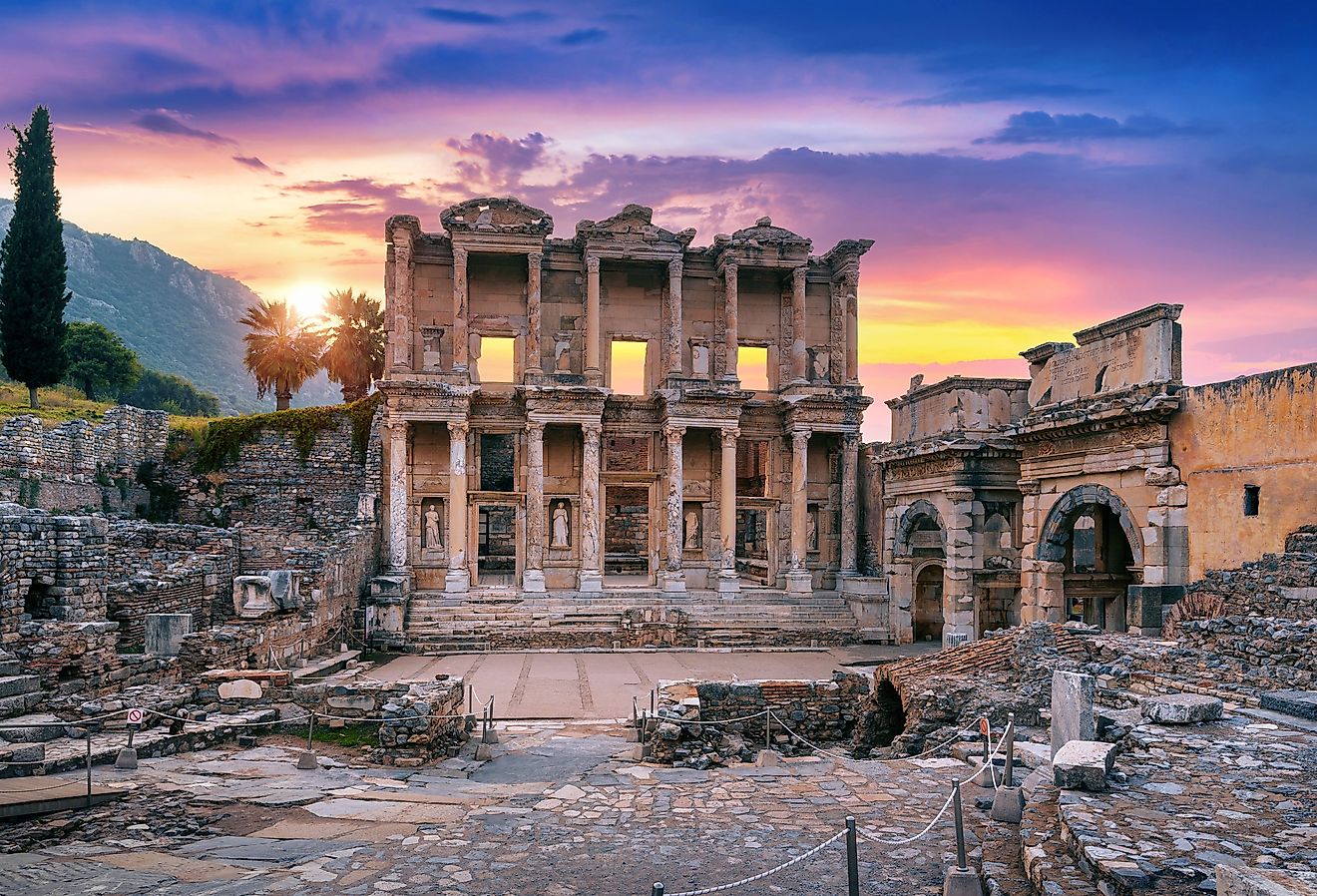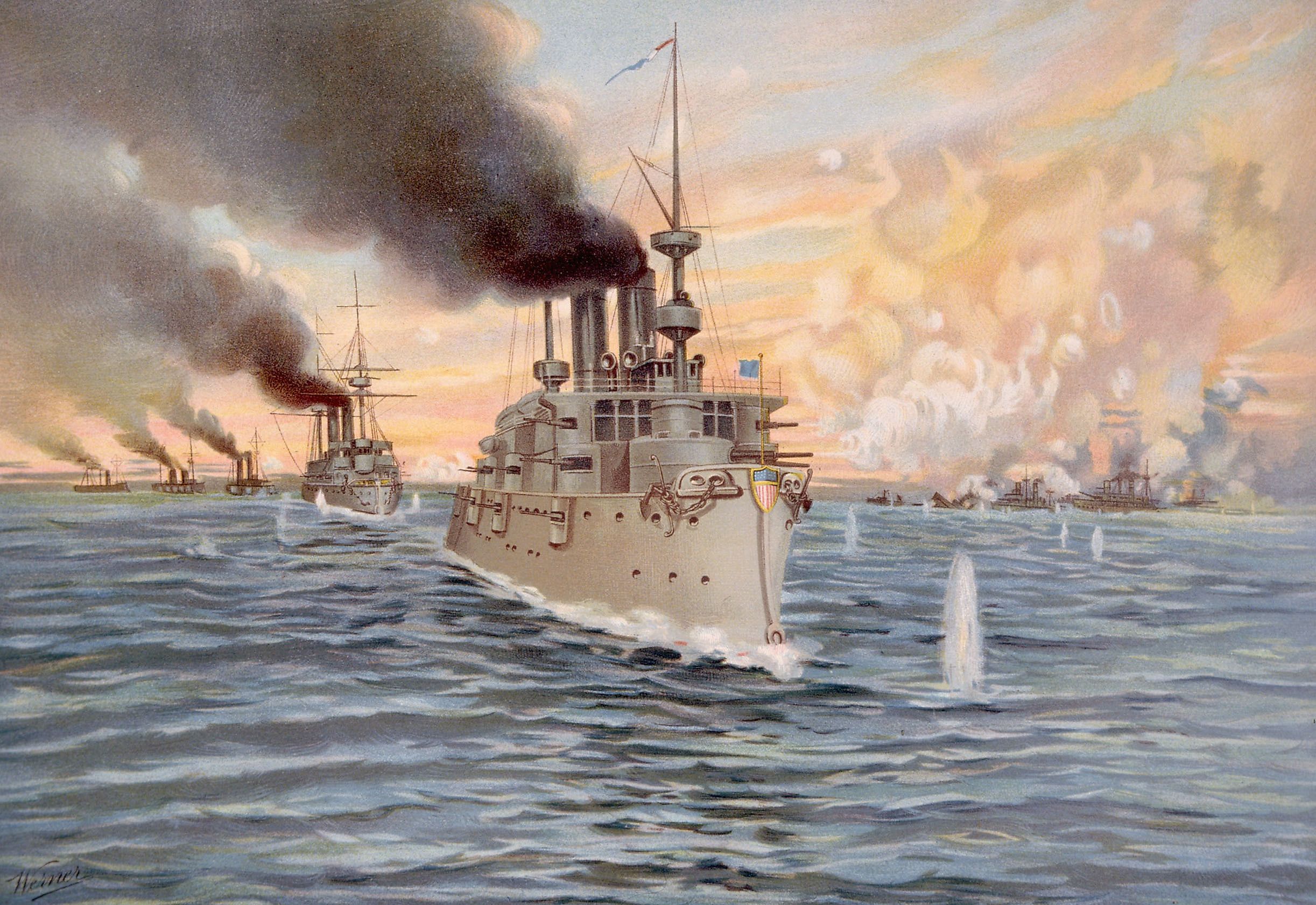
Spanish-American War
Despite being one of the lesser-known conflicts America has fought, the Spanish-American War profoundly impacted both nations. Not only did this war essentially end the long-lived Spanish Empire, but it also cemented the United States as a burgeoning global power that emerged out of nearly a century of isolationist policies.
The war, which was originally sparked over tensions caused in Cuba, resulted in a conflict that stretched across the globe as far as the Philippines. When the war was over the United States would become an empire of its own, seizing territory that had been Spanish for hundreds of years.
An Independent Cuba
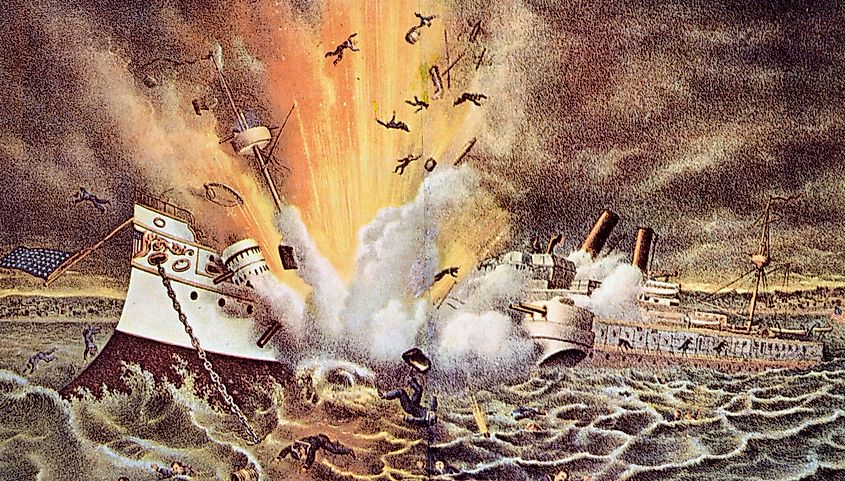
The origins of the Spanish-American War began during the struggle for Cuban independence in 1895. An armed conflict had broken out between Cuban rebels and the Spanish troops stationed on the island.
Generally speaking, the Spanish were exceptionally heavy-handed when it came to dealing with the various rebel factions. Massacres, public executions, and other shows of force were common during this time. These atrocities were closely followed by the American public thanks to newspapers and journalists writing about the war. With each week American sympathy for the rebels turned into rage against the Spanish.
At the higher levels of power, wealthy and influential business tycoons were getting increasingly worried about the numerous financial interests that had within Cuba. War was bad for business and many of these investors lobbied the American government to take action and stop the fighting.
An American battleship, the USS Maine, was dispatched to the Cuban capital of Havana initially as a way to evacuate and protect Americans who were stranded in the nation. This ship unexpectedly sank after a large explosion tore an enormous hole in its side. To this day, it is still not clear what exactly happened. There are some who claim it was Spanish saboteurs. Others think it might have been Cuban rebels. Other theories exist that it was simply a mishandling of ammunition onboard the Maine. Regardless, this was enough provocation for the United States government to take serious action.
The War Begins
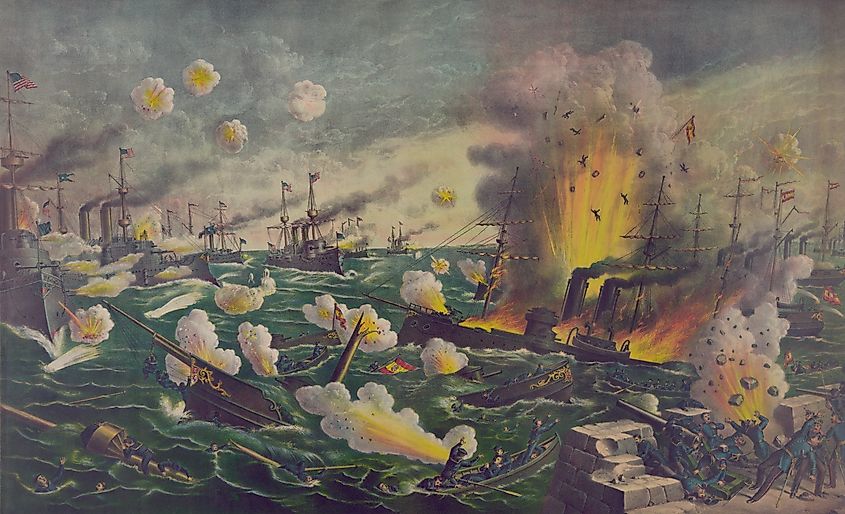
The Spanish attempted to calm things down by announcing that they would begin the negotiation process with the Cubans which included granting them limited autonomy. This gesture was enough for certain members of the Cuban faction but it did not satisfy the United States.
The American government declared that they were in full support of Cuban independence and ordered the withdrawal of all Spanish troops from the island. The Spanish, unwilling to back down, refused to give up their colonial possession and declared war on the United States on April 21st, 1898.
The United States declared war only a few days later and immediately attacked the Spanish in the Philippines. In early May, a U.S. naval squadron rolled into Manilla Bay and sunk the Spanish ships that were stationed in its harbor. Spanish forces suffered heavy losses whereas the US sailors only lost 10 men in the engagement. American troops landed shortly afterward effectively taking the entire nation of the Philippines away from Spanish control.
The Battle For Cuba
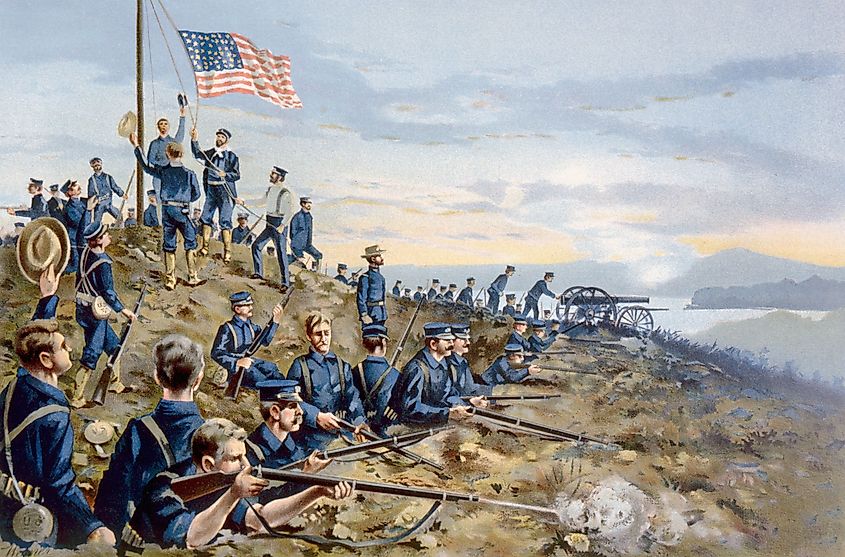
Another American fleet was sent to deal with the Spanish in Cuba. A similar naval battle took place on July 3rd between the two nations resulting in another crushing victory for the United States. The Americans then landed a force number of only a few thousand directly onto Cuba to mob up was remained of the Spanish resistance.
The largest and most famous battle of the war on land was the Battle of San Juan Hill. The American expeditionary force was able to overcome a well-defended Spanish position with the expert use of artillery and cavalry. One of the cavalry units known as the "Rough Riders" was led by none other than the future US President Theodore Roosevelt. Roosevelt quickly gained the reputation of being exceptionally brave to the point of recklessness. At the end of the war, this unit had become nearly mythical in the eyes of the American public.
The Battle of San Juan Hill marked one of the final engagements of the war. The rest of the campaign consisted of a few other skirmishes here and there but the major fighting was all but over. By July, everyone was simply waiting for the Spanish to sue for peace. And on July 17th, they did just that.
Peace Agreement

After only four months of fighting, the war was over. The outcome was nothing short of a resounding victory for the United States and a humiliating defeat for the Spanish Empire. In December of that year, a treaty was signed handing over Cuba, Puerto Rico, the Philippines, and a few other islands to the United States. The Spanish had lost all of its overseas territory in North America and Asia. All that remained now were a few small holdings in Africa.
Realistically, the Spanish stood little chance from the beginning. A harsh fact that even they were not aware of. It is important to remember at this time in history, the idea of empire and national prestige was deeply important across the world. The Spanish did not fight thinking they could win but rather in an attempt to retain any sense of honor or virtue that could be salvaged from the war.
Even though the United States had won a device victory, a war still raged on in its newly acquired territory. Capitalizing on the weak Spanish presence in the Philippines, the revolutionary Emilio Aguinaldo declared his nation independent and rejected any notion of US rule. This sparked the long and bloody Philippine-American War that claimed the lives of tens of thousands of people.
Even though the war only lasted a few short months, the fallout of this conflict was felt for generations. The end of the war brought about a new America that was free of a Spanish presence. The first nations that started the colonization of the New World in 1492 had been relegated back to Europe.
The United States was now an empire in anything but name. It controlled multiple overseas territories and was now free to throw its power and influence around the Spanish-speaking world however it saw fit. The United States had officially outgrown its era of isolation and was ready to enter the world stage. This attitude towards global affairs forever changed its outlook on foreign policy and played a key role in American involvement in the First World War only a decade later.
